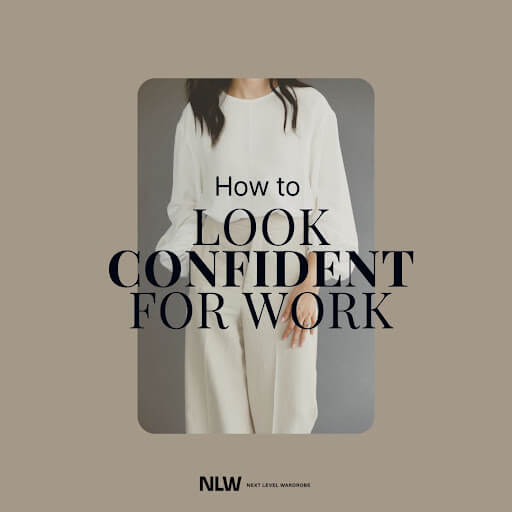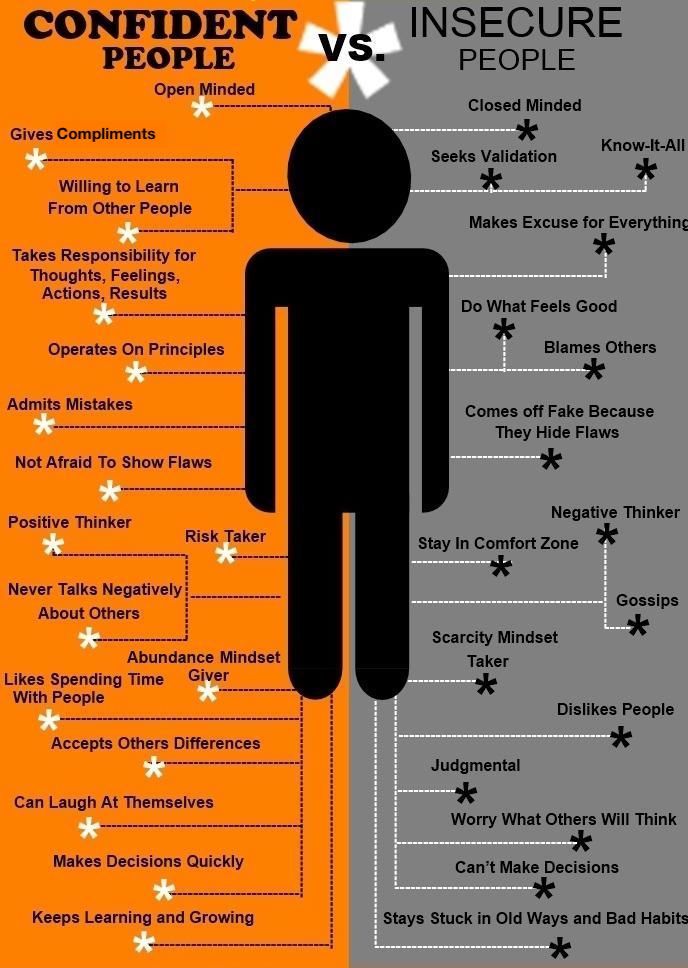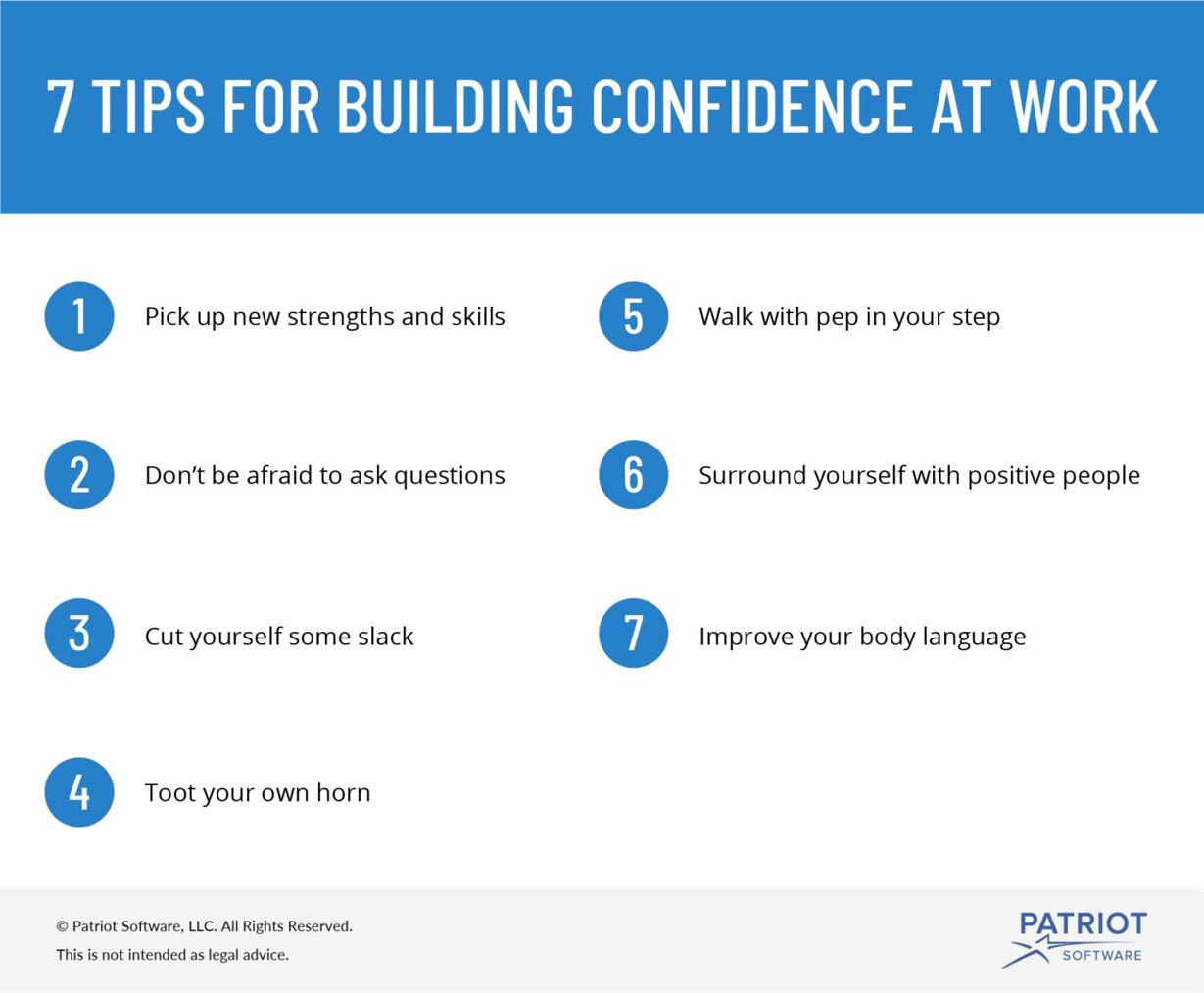How To Appear More Confident At Work

Feeling like an imposter? You're not alone. Many struggle with projecting confidence at work, impacting career growth and daily interactions.
This guide provides actionable strategies to enhance your perceived confidence, focusing on practical tips you can implement immediately to gain respect and influence.
Body Language: The Foundation of Confidence
Your body language speaks volumes, often before you even utter a word.
Maintain eye contact: Studies show direct eye contact builds trust and signals sincerity. Aim for a comfortable gaze, not a staring contest.
Stand tall and straighten your posture: Slouching conveys insecurity. Shoulders back, head up; imagine a string pulling you upwards.
Use confident hand gestures: Avoid fidgeting. Use open, deliberate gestures to emphasize your points.
According to a 2023 study by Harvard Business Review, people with confident body language are perceived as more competent and influential.
Communication Skills: Speaking with Authority
How you communicate is just as important as what you communicate. Articulating thoughts clearly and assertively can significantly boost your image.
Speak clearly and slowly: Rushing your words can make you appear nervous and unsure. Enunciate each word and take pauses for emphasis.
Avoid filler words like "um" and "like": These undermine your credibility. Practice speaking without these crutches; record yourself and identify areas for improvement.
Use assertive language: Frame your statements positively and directly. For example, instead of "I think we should...", say "We should...".
Actively listen: Confidence isn't just about talking; it's about listening attentively and responding thoughtfully. Show genuine interest in what others are saying.
Preparation is Key: Boosting Inner Confidence
Feeling confident starts from within. Thorough preparation can eliminate doubt and bolster your self-assurance.
Thoroughly prepare for meetings and presentations: Know your material inside and out. Practice your delivery and anticipate potential questions.
Research has shown that adequate preparation reduces anxiety and increases feelings of control.
Identify your strengths and leverage them: Focus on what you do well. Highlight your accomplishments and contributions during performance reviews and team meetings.
Dress the part: While company culture dictates dress code, ensure your attire is professional and makes you feel good. When you feel good, you project confidence.
Mastering the Art of Impromptu Speaking
Sometimes you're put on the spot. Learning to respond confidently without preparation is a valuable skill.
Buy time: Take a moment to gather your thoughts. Acknowledge the question and briefly pause before answering.
Use the PREP method: Point, Reason, Example, Point. State your main point, provide a reason, offer an example, and restate your point.
Stay calm and focused: Even if you don't know the answer, remain composed. Offer to follow up with more information later.
Taking Action: Building Confidence Over Time
Confidence is not a fixed trait; it's a skill that can be developed and honed with practice and persistence. Start small, celebrate your progress, and continue to challenge yourself.
Set small, achievable goals: Focus on one or two areas for improvement each week. Track your progress and celebrate your successes.
Seek feedback: Ask trusted colleagues for constructive criticism on your communication style and body language.
Embrace challenges: Stepping outside your comfort zone builds resilience and confidence. Volunteer for new projects and take on responsibilities that stretch your abilities.
Remember, building confidence is a journey, not a destination. Embrace the process, learn from your experiences, and never stop striving to become the best version of yourself.


















